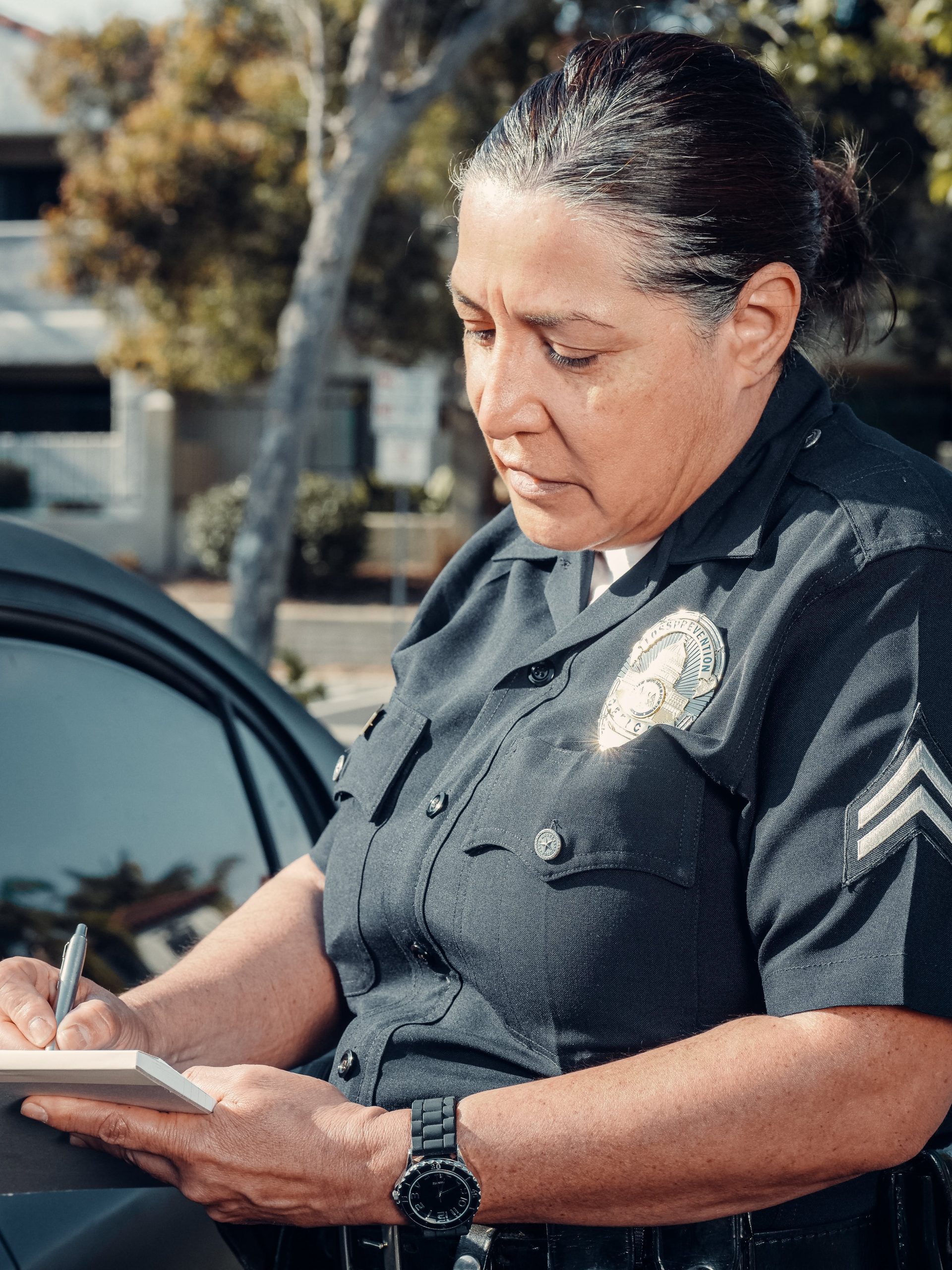Motorists caught speeding in Peninsula, Ohio, have options: They can pay with Visa, Mastercard, Discover, or PayPal. But if they want to dispute a ticket, the flexibility ends.
Before vehicle owners can appear in municipal court to defend themselves, they must pay a $100 ” filing fee .” No exceptions. No discounts. No deferrals. It’s the cost of admissionroughly the same as a one-day ticket to Disneyland.
Many drivers skip the expense and plead guilty, which works well for Peninsula. In just the first five months after launching a handheld photo radar program in April 2023, this village south of Cleveland generated 8,900 citations and $400,000 in revenue. That’s an average of about 1,800 citations and $110,000 in revenue per month.
These are staggering numbers for a community of just 536 residents. If revenue from the program continues at this rate, Peninsula could meet nearly its entire $1 million annual budget from traffic enforcement alone. Six police officers , rotating among nine strategic locations, could keep the village solvent with virtually no help from tax collectors.
Locking the courthouse doors to all but the most determined defendantswho also have $100 to spareis key to the scheme. The tactic solves a built-in problem with photo radar enforcement that municipalities have grappled with for decades.
These programs are designed for maximum efficiency, which means eliminating human contact as much as possible. The only hiccup occurs when people demand their day in court. Hearings involve old, labor-intensive technology, which has not changed much in 200 years. A sudden strain on the systeminevitable when a police department starts cranking out more than three citations per resident per monthcan produce a backlog.
So Peninsula is hiding its judges behind a paywall. Now officers can point and click without talking to anyone. No traffic stops. No trips to the courthouse. No testimony under oath. Revenue can flow like the nearby Cuyahoga River.
The streamlined approach might not seem novel. Many states impose court costs for minor traffic offenses. Appearance fees range from $22.50 in Maryland to $226 in Illinois .
Other states let people contest their tickets for free but charge for lawful behavior outside the courtroom. Arizona , for example, requires hand delivery of automated traffic tickets, which means vehicle owners can ignore violation letters that come in the mail. Once a process server tracks down these people, they must pay extra for not waiving their right to proper notice.
All of these fees undercut the Constitution, which guarantees due process. But judges typically wait until they hear evidence and render a decision before demanding payment. The timing is important. It means even the poorest citizenspeople with no money in the bankcan at least show up and confront their accuser.
Stow Municipal Court, which serves Peninsula, reverses the order and collects fees upfront. People who win their cases get their money back (without interest). But if someone shows up and loses, the court keeps the filing fee and tacks on a fine. A $150 ticket jumps to $250, a 67 percent increase.
Not even California , which forces some motorists to pay deposits to reserve their place on the court docket, goes that far. There, the money collected in advance is based on potential fine amounts and does not raise overall ticket costs. California also requires courts to consider a person’s ability to pay for citations upon request. Vehicle owners who demonstrate financial hardship can have fines and fees reduced or waived.
Peninsula ignores financial hardship. Court access is a luxury reserved for people who can pay to play.
The village tries to get around the obvious constitutional affront by classifying most speeding violations as civil rather than criminal offenses. Motorists who lose their cases do not face jail time, have points added to their license, or see their insurance rates go up. Yet they still lose money.
Peninsula downplays the perverse incentive for ” taxation by citation ,” the use of police power to raise revenue, by shifting conversations to public safety. Local officials invoke an allegedly urgent need to slow traffic.
Yet these claims of a crisis are dubious. The Ohio Department of Public Safety reports only one traffic fatality in Peninsula since 2020 and only about three collisions per month.
Since the photo radar program started, this rate has more than doubled to nearly seven per month and the village reached a four-year high of 13 collisions in October 2023. This spike could be a coincidence. Perhaps it reflects lower traffic counts during the COVID-19 pandemic. The sample size is too small for any definitive statement.
What is certain is the disregard for the Constitution. Our public interest law firm, the Institute for Justice, has described its concerns in a November 27 letter to Peninsula officials. Put simply, people have a right to defend themselves before the government imposes fines and fees.
Traffic courts already take shortcuts to raise revenue. Vehicle owners need more access to justice, not paywalls.
